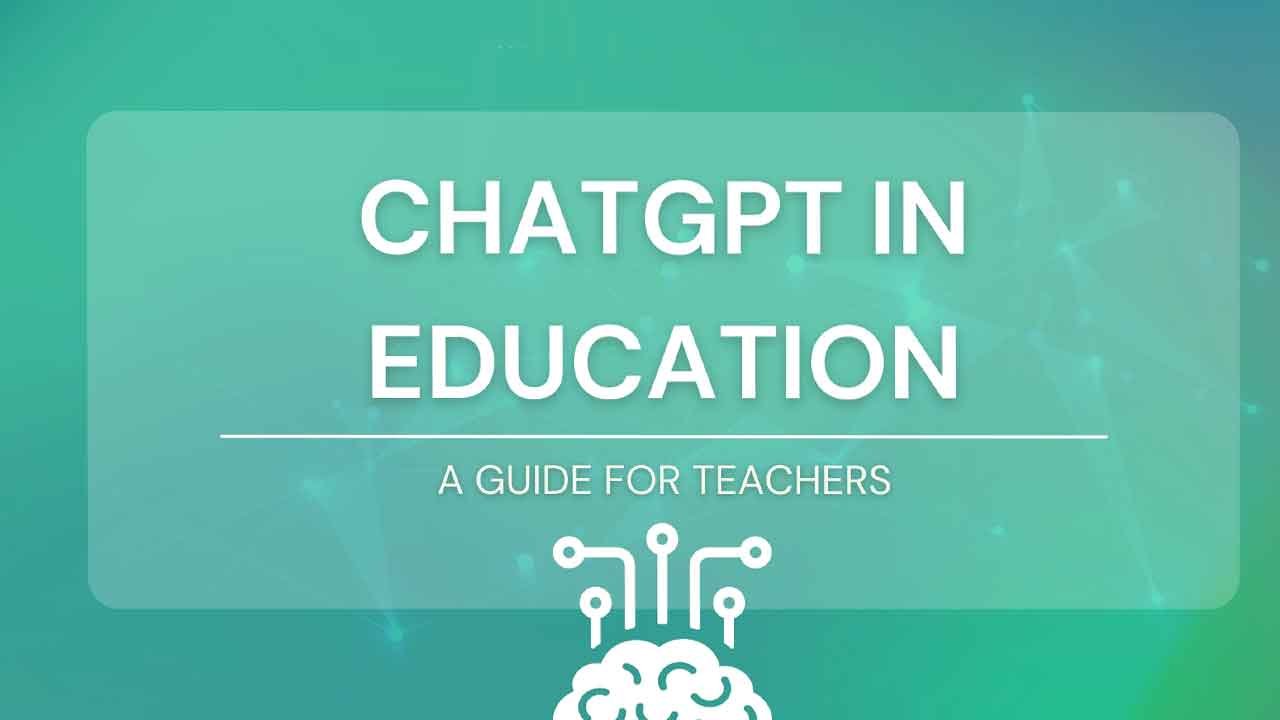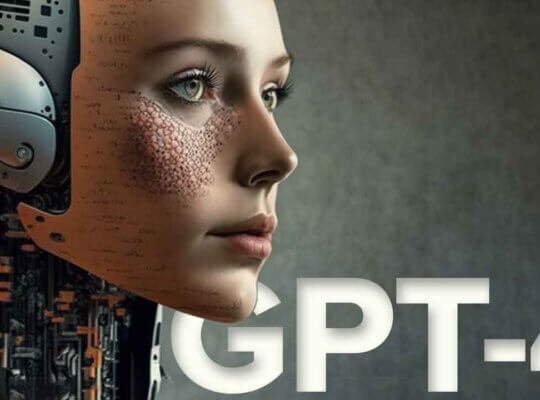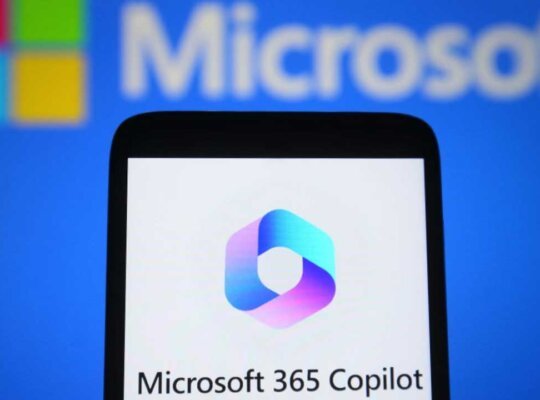Artificial Intelligence (AI) has been transforming many aspects of our lives, including education. With the rise of AI, educators can now leverage machine learning models such as ChatGPT to enhance learning outcomes. In this blog, we will explore how educators can use ChatGPT to improve the quality of education.
What is ChatGPT?
ChatGPT is a machine learning model developed by OpenAI that is capable of generating human-like responses to natural language input. The model is trained on a massive dataset of text, allowing it to generate responses that are both coherent and contextually relevant.
How can educators use ChatGPT?
Personalized Learning
One of the most significant advantages of ChatGPT is that it can help personalize learning experiences for students. By using ChatGPT, educators can develop chatbots that provide individualized responses to each student’s queries. This can help students understand complex concepts more easily, as they can receive tailored explanations that are specific to their needs.
Automated Grading
Grading is a time-consuming task for educators. However, ChatGPT can be used to automate the grading process, saving educators a significant amount of time. By developing a chatbot that can grade assignments, educators can provide immediate feedback to students, allowing them to improve their work quickly.
Enhanced Communication
Effective communication is a critical component of education. ChatGPT can be used to facilitate communication between educators and students, providing a platform for students to ask questions and receive feedback outside of traditional classroom settings. This can help improve student engagement and motivation.
Curriculum Development
ChatGPT can be used to help develop and refine curriculum materials. By analyzing the responses generated by ChatGPT, educators can gain insights into how students perceive and understand different topics. This can help educators develop materials that are more engaging and effective at conveying complex concepts.
Interactive Learning
ChatGPT can be used to develop interactive learning materials that engage students in a more dynamic and immersive way. By developing chatbots that respond to student input, educators can create interactive lessons that allow students to explore topics in a more hands-on way.
Conclusion
In conclusion, ChatGPT is a powerful tool that can be used to enhance learning outcomes. By using ChatGPT to personalize learning experiences, automate grading, facilitate communication, develop curriculum materials, and create interactive learning experiences, educators can help students better understand complex concepts and improve their overall academic performance. As AI continues to advance, we can expect to see even more innovative ways in which it can be used to transform education.








